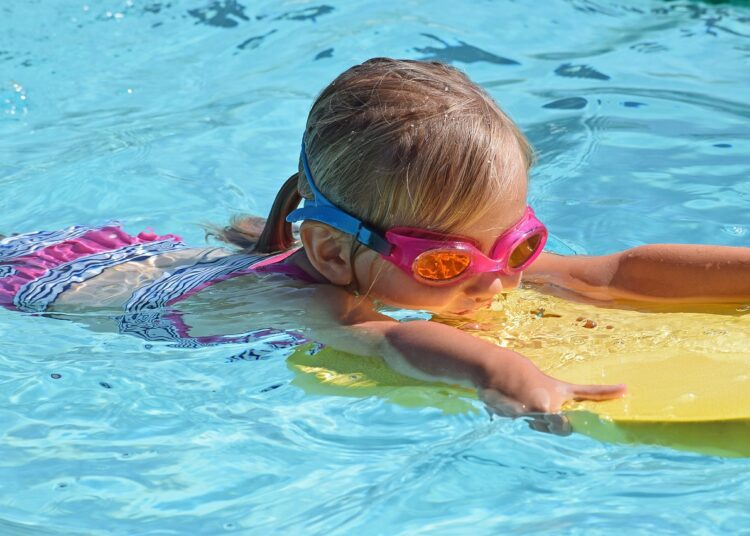As parents, we all want the best for our children, nurturing them in ways that promote both their physical and emotional well-being.
However, there are habits that, while seemingly harmless, can actually be detrimental to their health. One of these is an excessive or unchecked habit of frequenting swimming pools.
Swimming is a fantastic activity that offers numerous health benefits. It builds strength, improves coordination, and boosts cardiovascular health. But, like anything, balance is key. If your child has developed a habit of swimming too often or without proper precautions, it may be time to step in and reassess the situation.
Here’s why taking control of this habit is important.
Health Risks Of Excessive Pool Time:
Skin Irritation And Infections:
One of the most common issues with frequent swimming in pools, especially public ones, is the exposure to chlorine and other chemicals used to keep the water clean. While chlorine serves its purpose, too much of it can lead to skin irritation, dryness, and even rashes. More concerning, however, is the risk of contracting bacterial or fungal infections. Pools, especially those that aren’t properly maintained, can be breeding grounds for germs, leading to conditions like athlete’s foot or ear infections.
Eye Problems
Another area of concern is eye health. Prolonged exposure to chlorinated water can irritate the eyes, leading to redness, dryness, and in some cases, more serious long-term issues. Swimmers often develop “swimmer’s eye” or conjunctivitis due to repeated exposure to bacteria or irritants in the water. Limiting pool time can help prevent these avoidable health problems.
Ear Infections
Swimming frequently, especially in public pools, increases the chances of water getting trapped in the ears, which can result in painful ear infections. “Swimmer’s ear” is a common condition that happens when water remains in the ear canal, creating a breeding ground for bacteria. These infections can be painful and might require medical treatment, making it all the more important to monitor your child’s pool habits.
Physical Overuse And Fatigue
While swimming is a great form of exercise, excessive time spent in the water can lead to overuse injuries, particularly for kids who might be swimming for hours at a time. Like any sport or activity, too much can cause strain on muscles and joints, potentially leading to injuries like muscle pulls or joint discomfort.
The Social And Emotional Impact
Another thing to consider is the social and emotional aspect of swimming. While it’s a fantastic group activity, children who spend too much time in pools may begin to isolate themselves from other activities or peer groups. It can also become an excuse to avoid other responsibilities or outdoor play, which are equally important for their overall development.
Setting Healthy Boundaries
As a parent, you need to set clear guidelines about swimming to ensure it remains a fun, healthy, and beneficial activity for your child. Here’s how to do that:
Limit Pool Time:
Set reasonable limits on how many times a week your child goes swimming and for how long. This helps prevent overexposure to chemicals and reduces the risk of infections.
Prioritise Hygiene:
Teach your child the importance of showering before and after swimming. It helps wash off chlorine and other chemicals, reducing the risk of skin irritation.
Monitor Pool Conditions:
Choose pools that are well-maintained and clean. Ensure the chlorine levels are balanced, and make sure there’s no visible dirt or bacteria present in the water.
Encourage Alternative Activities:
While swimming is an excellent activity, make sure your child engages in other physical activities as well. Encourage outdoor play, biking, or even other water activities like beach outings to keep the routine exciting and varied.
Educate On Ear And Eye Protection:
If your child spends significant time in the pool, consider investing in swimming goggles to protect their eyes and earplugs to prevent water from getting trapped in the ears.
Conclusion
While swimming can be one of the healthiest and most enjoyable activities for your child, balance and moderation are key. Take charge of your child’s swimming pool habits and ensure they’re maintaining healthy boundaries to avoid the potential risks that come with overexposure. By promoting a balanced approach, you’ll help them continue to reap the benefits of swimming, without compromising their overall health.
Make sure that the pool remains a fun and safe place for your child – not a source of ongoing health concerns.





